Covid-19: Scott Morrison seeks deal on vaccination thresholds to end lockdowns, open up travel
Scott Morrison will move to broker a deal with premiers and chief ministers in national cabinet on vaccination thresholds.

Scott Morrison will seek a new deal for Australians in a critical meeting of national cabinet on Friday that would secure agreement from premiers and chief ministers on vaccination thresholds to eliminate lockdowns and give domestic and international travel exemptions for vaccinated Australians.
The Prime Minister told The Australian ahead of Friday’s critical national cabinet meeting that it was important to sketch out the benefits of having a vaccinated population and consider the “magic numbers” at which vaccine thresholds could be set.
“What does it mean and what can people expect in terms of restrictions and movement?” Mr Morrison said.
“It’s time to start laying it out for the Australian public. It is imperative that the premiers, chief ministers and I address that question. It comes down to the medical science and what are the magic numbers. We have already done modelling on the alpha variant and are now doing it on the delta variant, which will set a threshold marker going forward.
“Australians have been patient and that has helped us achieve what we have achieved to protect lives and livelihoods.
“We now need to get to the next level. The package the public deserves needs a consolidated agreement from all of us.”
Victorian Premier Daniel Andrews said on Thursday there should be no more lockdowns once every eligible person had been offered a vaccine, arguing that he would not shut down businesses to protect those unwilling to get the jab. “We’ve got to get 70, 80, whatever the percentage is, of the community (who) have had the jab, or to put it another way, anyone, everyone who wants to be vaccinated has been given an opportunity to do that,” he said.
“And then it’s on them if they don’t choose to get vaccinated … We wouldn’t be having lockdowns to protect people who weren’t prepared to protect themselves.”
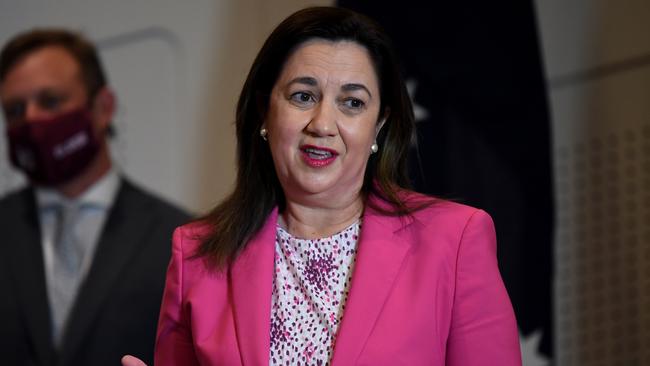
Modelling for a vaccination threshold based on the alpha variant of the virus was presented to national cabinet three weeks ago. Modelling based on the more-contagious delta variant is understood to be almost complete.
Premiers ramped up demands on Thursday for international arrival numbers to be slashed until a majority of the population was vaccinated. West Australian Premier Mark McGowan said he would push the commonwealth to crack down on Australians taking unnecessary overseas travel.
Queensland Premier Annastacia Palaszczuk said she had written to Mr Morrison proposing a 50 per cent cut to international arrivals, arguing that her state did not have enough room in quarantine hotels, while Mr Andrews will bring a proposal for a cut of up to 80 per cent.
He said it was “better to lock some people out, than to lock everyone down”.
“And the only way to pull up a delta variant outbreak is to lock everyone down,” the Victorian Premier said.
“We’re seeing that across the whole country.”
NSW Premier Gladys Berejiklian has maintained the largest international arrivals cap of 3000 people a week, compared with 1300 in Brisbane, 1000 in Melbourne and 500 in each of Perth and Adelaide.
Mr McGowan noted that, of the 51,000 people who had been through his state’s hotel quarantine system: 1308 had been through twice; 506 on three occasions; 82 on four occasions; eight on five occasions; and two on six occasions.
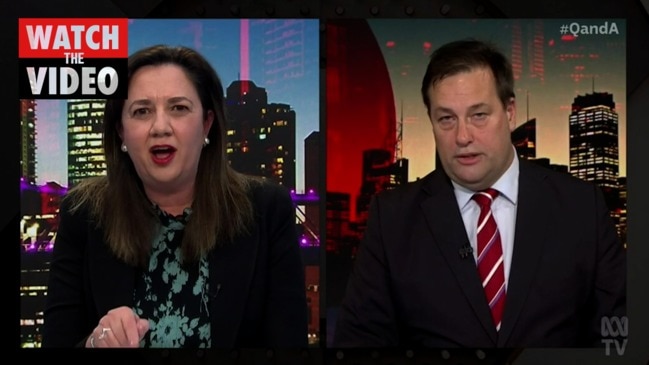
Many of those were fly-in fly-out workers on mining projects overseas.
Mr McGowan said such travel did not make sense when the West Australian mining industry was crying out for workers.
“Going off to Africa, working FIFO in the middle of a pandemic when we now have many of our cases coming back from Africa, just has to stop,” he said.
“We have plenty of jobs here. People need to look for work here.”
Mr McGowan said people returning from overseas represented the biggest threat to Australia’s handling of the virus.
“People book a conference somewhere in Europe and then have a holiday, then come back and join the queue,” he said.
“It’s just not right. We need to crack down on this. There’s a large group of people who are going overseas on multiple occasions, and every time they go overseas they increase the risk. They also displace people who might have been isolated overseas since the beginning.”
Western Australia cut its intake of returned overseas travellers from 1025 a week to 530 a week in April, after two separate cases linked to hotel quarantine.
Mr McGowan said he would use national cabinet to raise the prospect of the commonwealth expanding income support provisions to people who had been affected by lockdowns that did not extend beyond a week.

Finance Minister Simon Birmingham said the commonwealth would consider the states’ requests. “We’ve seen around 680,000 Australians return during the Covid pandemic” he said. “And overwhelmingly they have returned safely through hotel quarantine systems, (the) vast majority in a manner that has protected Australians. But there’s no perfect model or approach. We’re dealing with a global pandemic that has wreaked havoc around the rest of the world.”
The Palaszczuk government stuck by its demand that under-40s reject the AstraZeneca vaccine after it accused Mr Morrison of putting lives in danger by urging younger Australians to consult GPs about receiving the jab. As of Thursday night, under-40s had received 121,003 first doses of AstraZeneca and 70,690 second doses. Queensland chief health officer Jeannette Young reiterated her comments that an 18-year-old was at greater risk of dying from the AstraZeneca vaccine than from Covid-19.
“The younger you are, the greater the risk,” she said. “I’m giving my advice, I’m a doctor. I’ve been involved in Australia’s vaccination program now for 16 years. I want the right vaccine to go to the right person.”
Ms Palaszczuk said her chief health officer was one of the most respected health professionals in the country. Mr Andrews was more aligned with Mr Morrison’s position in telling people under 60 to consult their doctors.
“Don’t take medical advice from members of parliament (or) pollies,” he said. “Take medical advice from your GP. Talk to your doctor. Talk to your pharmacist.”
Additional reporting: Rachel Baxendale, Paul Garvey, Lydia Lynch


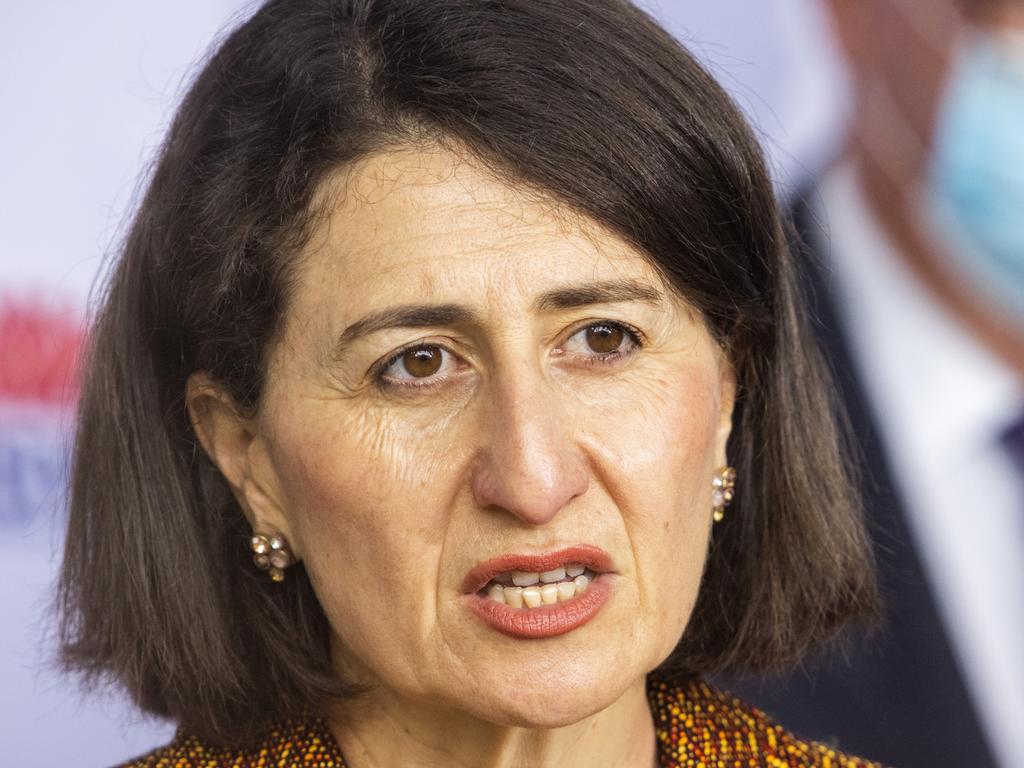
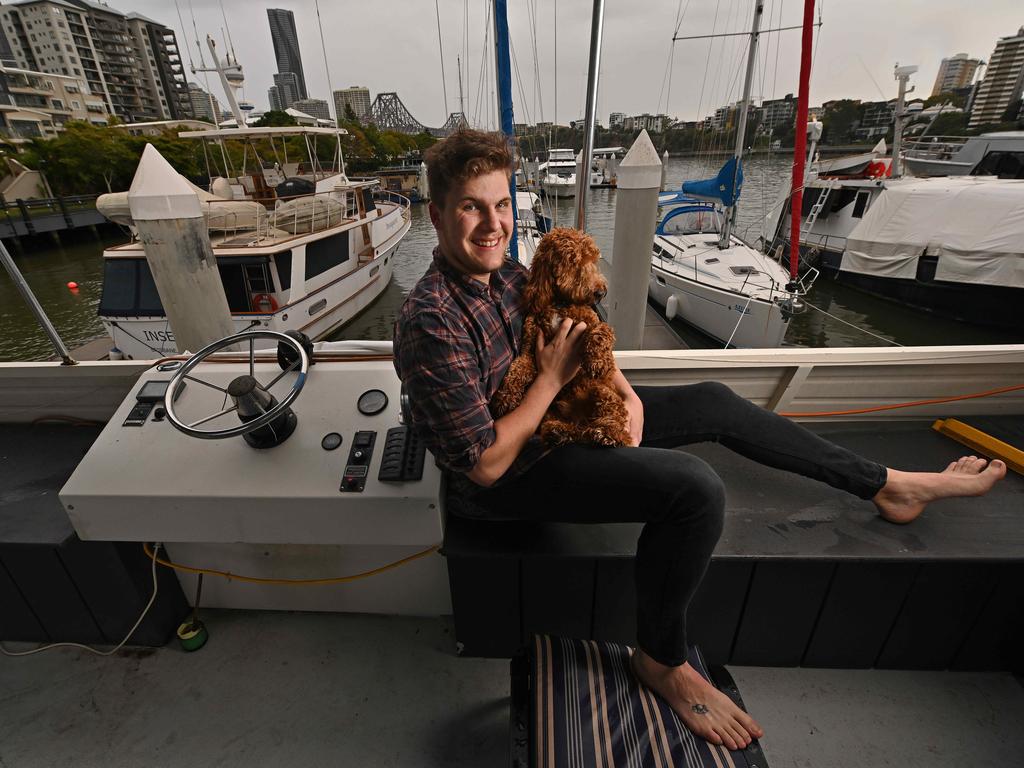
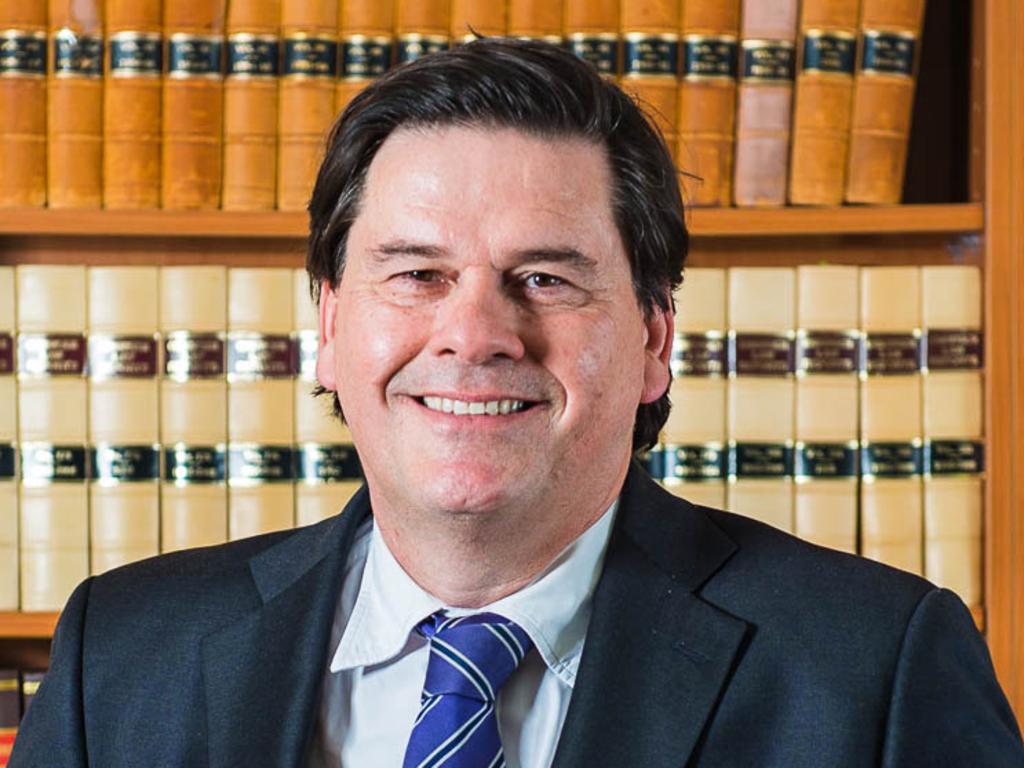


To join the conversation, please log in. Don't have an account? Register
Join the conversation, you are commenting as Logout